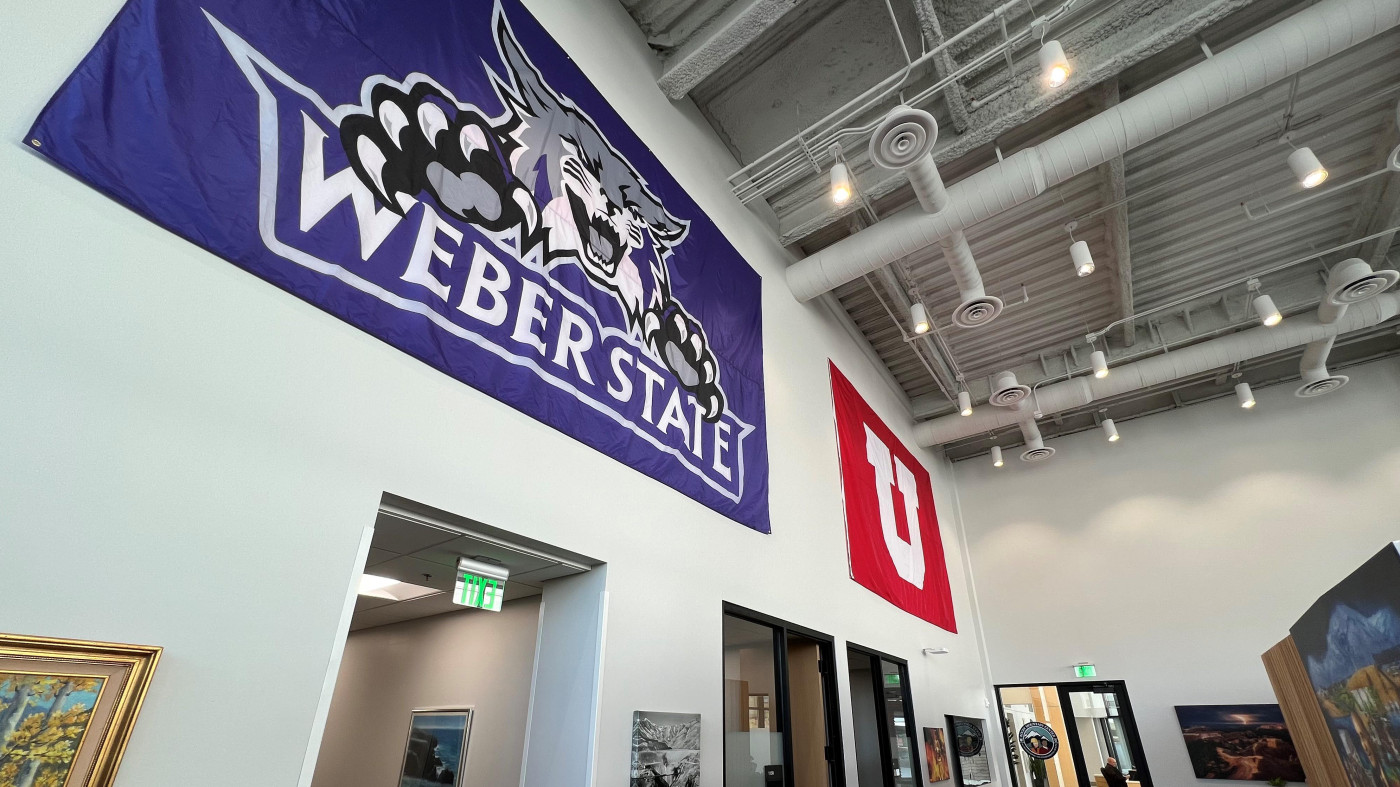“Innovation” is a magic word. At least, it is at RMCOEH. We’re not content to simply do what we’ve always done because it’s worked in the past. Rather, what gets us excited is finding new ways to educate our trainees, advance our research, and share our knowledge — with the ultimate aim of enlarging our impact on workers and businesses.
Here are just a few of the ways we’re pushing the boundaries.
Multi-University Partnership
State-of-the-Art Clinical Care
RMCOEH’s Occupational Medicine program and its residency are developing peer-reviewed, national clinical practice guidelines and integrating those advances into the clinical care of injured workers. The results have been striking, leading to faster recovery. Our faculty and residents are also conducting multiple research studies that document these improvements while also highlighting how other similarly injured patients are in need of improved medical care. Our faculty are now working to figure out how to get others' practices to evolve and improve for the betterment of our injured workers.
Virtual Reality
Interdisciplinary hands-on training is a foundational part of the education RMCOEH provides. But some real-world scenarios are simply too dangerous to thrust trainees into, or are otherwise impossible to recreate. Instead, we’ve stepped into the world of virtual reality, partnering with a firm to create custom VR modules that allow trainees to gain experience without being exposed to safety risks. We currently have modules covering topics such as fire prevention, first responder triage, and earthquake response, and we plan to create more than a dozen additional modules to provide training in hazard recognition and mitigation at various virtual worksites, including manufacturing sites, refinery sites, and mining sites.
Real-World Experience
What use is a degree if the process of attaining it doesn’t prepare the graduate for what they’ll encounter in the real world? One of the best ways we ensure our trainees are equipped for success is our capstone Occupational Health and Safety Solutions course. In this course, real businesses present interdisciplinary student teams with their occupational health and safety challenges. The students work together over the course of the semester to analyze the problem and provide the businesses with solutions, gaining irreplaceable experience in interdisciplinary teamwork, problem-solving, critical thinking, communication, and other skills that are essential for a successful career in occupational and environmental health and safety.
Outreach
Our opportunity to make a difference by sharing occupational and environmental health and safety knowledge goes well beyond our trainees. We have a longstanding commitment to outreach — to workers, employers, stakeholders, and other groups — and ensuring as many people as possible are equipped with information that can help workers. In recent years, we’ve expanded our horizons, harnessing technology that makes our potential audience nearly limitless, such as webinars and podcasts, to touch millions of people.
Robotics
Our Ergonomics and Safety program is on the frontier of emerging technology that seeks to change the world: robotic exoskeletons and bionic limbs that help amputees and others with debilitating health conditions — such as those who have suffered a stroke — regain their mobility. Millions of people in the U.S. alone are unable to work due to health-related problems, and giving them the means to again move through the world freely would enable them to rejoin the workforce and gain the benefits — both financial and psychological — that working provides.
Research Training Collaborative
Our Targeted Research Training program can accomplish a lot on its own. But how much more progress can we make through leveraging the expertise of other Targeted Research Training and PhD programs throughout the country? That’s the idea behind the Occupational Safety and Health Research Training Collaborative, which RMCOEH helped initiate in 2022. Our aim is to address policies and best practices in research training, as well as provide trainees with: increased exposure to diverse occupational and environmental health and safety topics, enhanced networking opportunities, and unique training experiences. Initial partners include the Targeted Research Training programs at Harvard University, the University of Michigan, and Johns Hopkins University. We envision others participating in the future, and anticipate that this may become a model for research training across all centers like ours throughout the nation.
Meeting Needs of At-Risk Workers
The data are clear: Hispanic/Latino workers are more likely to die on the job than any other racial or ethnic group in the U.S., according to the BLS. In 2020, 22.5% of workers who suffered fatal occupational injuries were Hispanic/Latino, yet they comprised just 18.5% of the workforce. This reality hits particularly hard in the West, where Hispanics/Latinos comprise a higher percentage of the overall population. We're committed to improving the situation. In addition to training safety and health professionals through our academic programs, we hope to make a difference through our Continuing Education offerings. In partnership with the Mexican Consulate in Salt Lake City and other stakeholders, we've begun a multi-year initiative to address the Hispanic/Latino population, including providing courses and other educational materials in Spanish and increasing awareness of our resources.
Advancing Research
Innovative research is one of RMCOEH’s key tenets. We have 55-plus current research projects spanning the spectrum of occupational and environmental health and safety, producing findings that spur significant advancements. Recent examples include research examining COVID-19 and workers; the development of powered prostheses for above-knee amputees; and a project exploring the links between firefighting and cancer.
Online MOH Degree
Our trainees now have the option to attain a Master of Occupational Health (MOH) degree in two emphases — Occupational Safety and Occupational Medicine — from anywhere with an internet connection. These online, distance-based offerings open the possibility of participating in our training to more prospective students than ever, and we are committed to expanding these opportunities as demand continues to grow.




 © 2026 Rocky Mountain Center for Occupational and Environmental Health
© 2026 Rocky Mountain Center for Occupational and Environmental Health